Sustainability
Sustainability Management
Basic Approach
Based on the NGK Group Philosophy of Enriching Human Life by Adding New Value to Society, we aim to provide new value through our unique ceramic technologies to contribute to the realization of a sustainable society and earn the trust of society by meeting its expectations toward us.
We have made this our basic philosophy with respect to the sustainability of the NGK Group. And in order to achieve the NGK Group Philosophy, we will contribute to bring about a carbon neutrality and digital society while keeping ESG (Environmental, Social, Governance) and the Sustainable Development Goals (SDGs) in mind. In this way, we aim to improve our sustainable value creation.
NGK Group Basic Sustainability Policy
Governance
The NGK Group positions ESG at the center of our corporate management. Amidst ongoing overseas business expansion, we seek to ensure greater managerial transparency and autonomy in an environment which cultivates within every member of the NGK Group a sense of fairness accompanied by decision-making and action in accordance with international norms.
The risks and opportunities related to our Group’s sustainability issues that include ESG elements, are collected and confirmed by the Sustainability Management Committee. The details of Sustainability Management Committee activities are then reported to the Board of Directors at least once a year, and necessary items are discussed and reported at meetings of the Board of Directors and the Executive Committee before being implemented as policies. In addition, the Risk Management Committee monitors the formulation of policies, development of frameworks, and status of execution relating to risk management. Various committees, etc. also perform risk management for individual risk items. The President serves as the chair of the Sustainability Management Committee and Risk Management Committee, and the executive officers and department managers in-charge of head office divisions and business divisions serve as its members.
Sustainability Promotion Framework
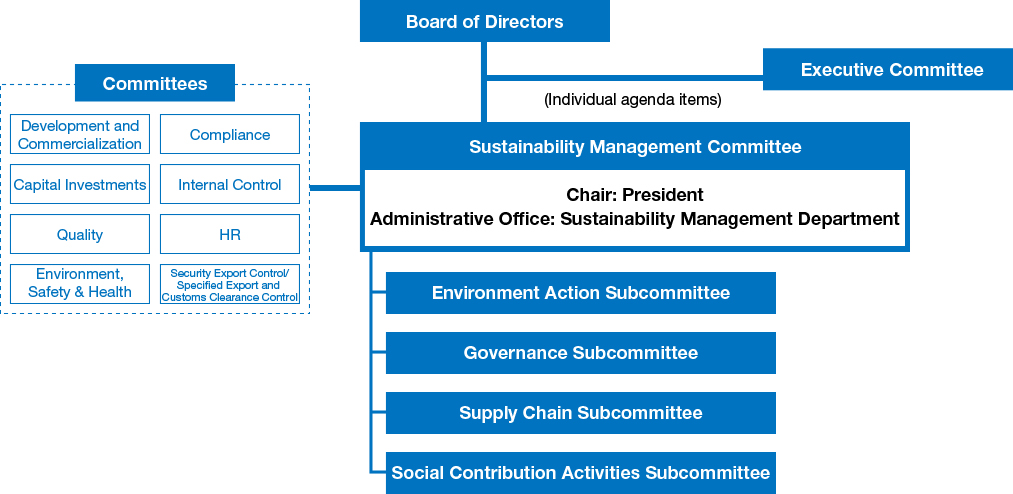
FY2024 ESG Management Committee (currently Sustainability Management Committee) Achievements
| Times | Date | Topics of discussion |
|---|---|---|
| 1st | April 2024 |
|
| 2nd | May 2024 |
|
| 3rd | June 2024 |
|
| 4th | September 2024 |
|
| 5th | December 2024 |
|
| 6th | March 2025 |
|
Risk Management
The risks and opportunities related to the NGK Group’s sustainability issues are identified and handled as important material items by the Board of Directors and the Executive Committee.
When identifying materiality, we evaluated various environmental and social issues that were candidates for materiality along the two axes of “impact on our business” and “demands and expectations of stakeholders/impact on people and the environment” then used this to create a materiality map. Based on this, the Sustainability Management Committee extracted materiality candidates, then the Board of Directors and the Executive Committee considered the risks, opportunities, and primary initiatives for each, and determined them to be material items.
These items are handled by each of the related committees, then brought together by the Sustainability Management Committee. Meanwhile the risks and opportunities are monitored, managed (governance), identified, and evaluated (risk management) through reports, etc. to the Board of Directors and the Executive Committee.
Strategies, Indicators, and Objectives
We have set KPIs for all of our material items, and are pursuing relevant initiatives.
Core Themes of Sustainability Activities
We identify materiality based on the NGK Group Basic Sustainability Policy. And we work to enhance the effectiveness of governance to serve as the foundation of value creation as we promote environmental and societal initiatives.
NGK Group Basic Sustainability Policy
| Materiality | |
|---|---|
| E (Environmental) |
|
| S (Social) |
|
| Foundation of Value Creation (Governance) | |
| G (Governance) |
|
Communication with Stakeholders
In addition to promoting understanding regarding the NGK Group among customers, suppliers, shareholders, investors, regional communities, governments, international organizations, universities, research institutes, and employees, we are continuously improving our activities and initiatives through dialogue with all of our stakeholders.
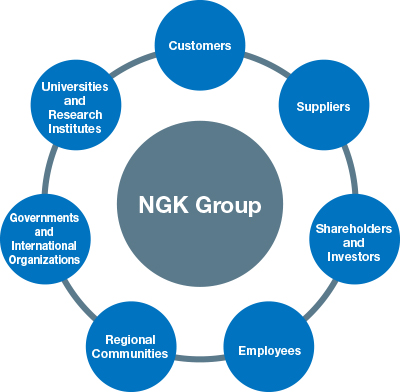
Basic Approach
In the NGK Group Corporate Business Principles and Code of Conduct, our commitment to Disclosure of Company Information and Accountability as a part of stakeholder communication is expressed through the following.
Disclosure of Company Information and Accountability
 |
We will promote a healthy and transparent management by active disclosure of information and discussions with stakeholders.
|
|---|
Stakeholder Engagement
| Stakeholders | Approach | Communication (objectives) | Communication (methods) |
|---|---|---|---|
| Customers | To earn and maintain the trust of customers, we engage in the creation of new value through the provision of products and services realizing global environmental conservation and social safety and peace of mind from a long-term and global perspective. |
|
|
| Suppliers | With Relationship with Society, Open and Fair, and Partnership at the core of its procurement activities, the NGK Group aims for mutual prosperity based on mutual trust with suppliers through open, fair, and equitable procurement practices that not only comply with laws but also take into consideration global environmental conservation, respect for human rights, and the working environment. We also established a supplier helpline to provide unwavering support for important inquiries in an effort to build and maintain fair supplier relationships. |
|
|
| Shareholders and Investors | The NGK Group aims to meet expectations for enhanced corporate value through dialogues and efforts to disclose information pertaining to management, finance, products, and services in a timely and appropriate manner. |
|
|
| Employees | We will create the following kind of work environment as the stage upon which our personnel can demonstrate the abilities they possess.
|
|
|
| Local Communities | We proactively engage in social contribution activities in response to community needs with the intent of becoming a corporate citizen trusted by society with concern for social issues in all countries and regions where we do business. |
|
|
| Governments and International Organizations | We proactively participate in international initiatives and other activities in order to realize mutual cooperation as key actors seeking to resolve social issues. |
|
|
| Universities and Research Institutes | Through research and educational activities based on industry–academia collaboration, we have been pushing forward with the development of scientific technologies and other technologies that will contribute to resolving social issues. |
|
|
Any report on potential concerns pertaining any of our business activities will be handled confidentially and will not lead to any negative consequences for anyone who wishes to make such a report
Endorsement and Participation in Initiatives
Based on our corporate policy, NGK is striving to provide better value through our business activities to help achieve a sustainable society. We are actively involved in international initiatives to help resolve global social challenges as a responsible corporate citizen.
NGK Group Signs UN Global Compact
The NGK Group is a signatory to the United Nations Global Compact, which advocates for independent action on the part of companies, endorsed by the United Nations. We believe that addressing a broad range of social problems through our business activities, while measuring progress against indicators such as the Sustainable Development Goals (SDGs), is an important corporate social responsibility.
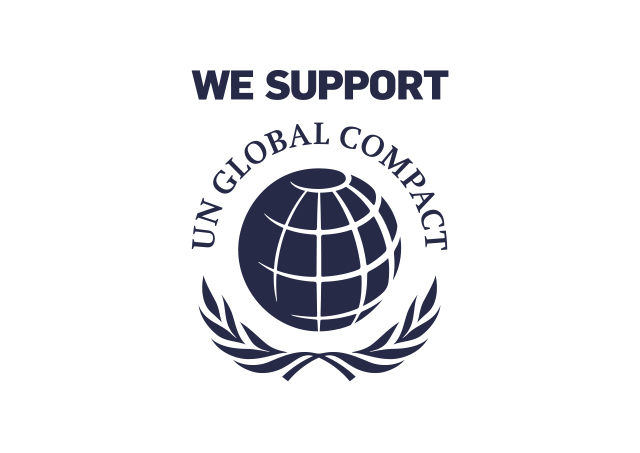
Position on SDGs
Ever since its foundation, the NGK Group has pursued business in the energy, ecology, and electronics sectors in an effort to keep nature’s air and water clean and thus help people live a comfortable, healthy life. Many of our technologies and products contribute to the SDGs, and we will continue to provide new value by leveraging our unique ceramic technologies towards the realization of a sustainable society.

| Goals | Value provided by the NGK Group | |
|---|---|---|
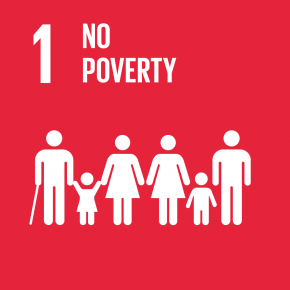
|
End poverty in all its forms everywhere |
|
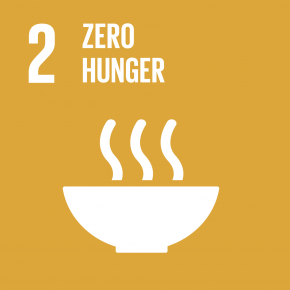 |
End hunger, achieve food security and improved nutrition, and promote sustainable agriculture |
|
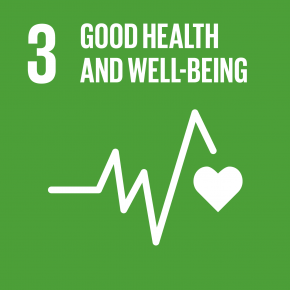 |
Ensure healthy lives and promote well-being for all at all ages |
|
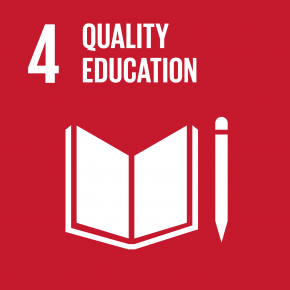 |
Ensure inclusive and equitable quality education and promote lifelong learning opportunities for all |
|
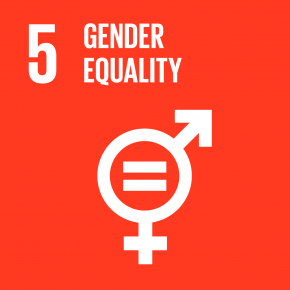 |
Achieve gender equality and empower all women and girls |
|
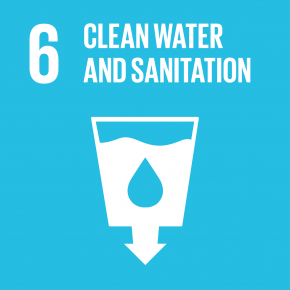 |
Ensure availability and sustainable management of water and sanitation for all |
|
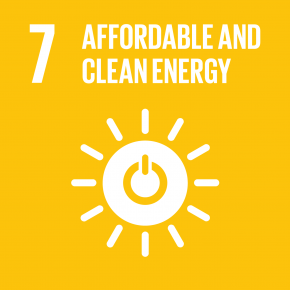 |
Ensure access to affordable, reliable, sustainable, and modern energy for all |
|
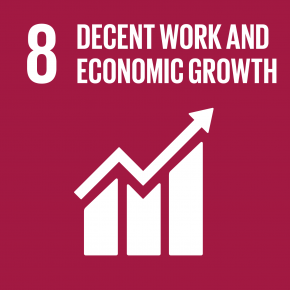 |
Promote sustained, inclusive and sustainable economic growth, full and productive employment, and decent work for all |
|
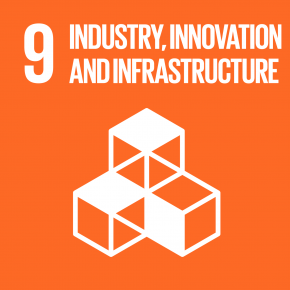 |
Build resilient infrastructure, promote inclusive and sustainable industrialization, and foster innovation |
|
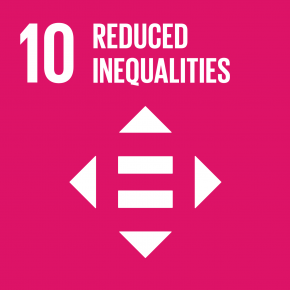 |
Reduce inequality within and among countries |
|
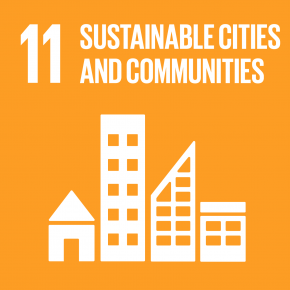 |
Make cities and human settlements inclusive, safe, resilient, and sustainable |
|
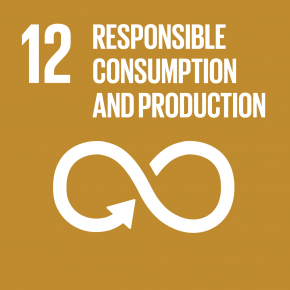 |
Ensure sustainable consumption and production patterns |
|
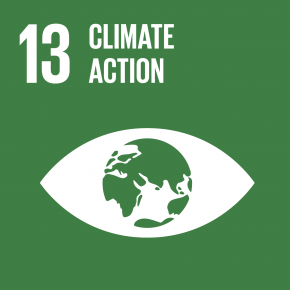 |
Take urgent action to combat climate change and its impacts |
|
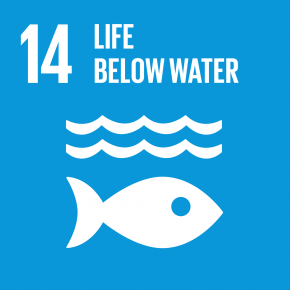 |
Conserve and sustainably use the oceans, seas, and marine resources for sustainable development |
|
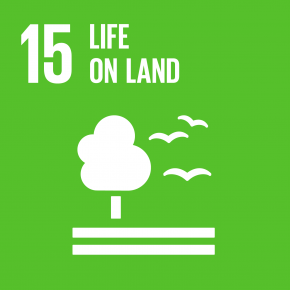 |
Protect, restore and promote sustainable use of terrestrial ecosystems, sustainably manage forests, combat desertification, and halt and reverse land degradation and halt biodiversity loss |
|
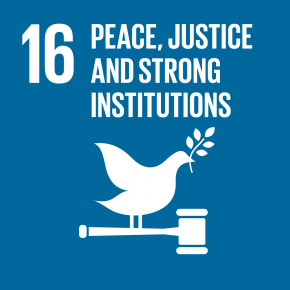 |
Promote peaceful and inclusive societies for sustainable development, provide access to justice for all, and build effective, accountable and inclusive institutions at all levels |
|
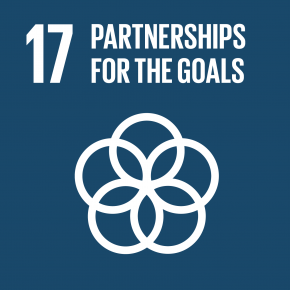 |
Strengthen the means of implementation and revitalize the global partnership for sustainable development |
|
